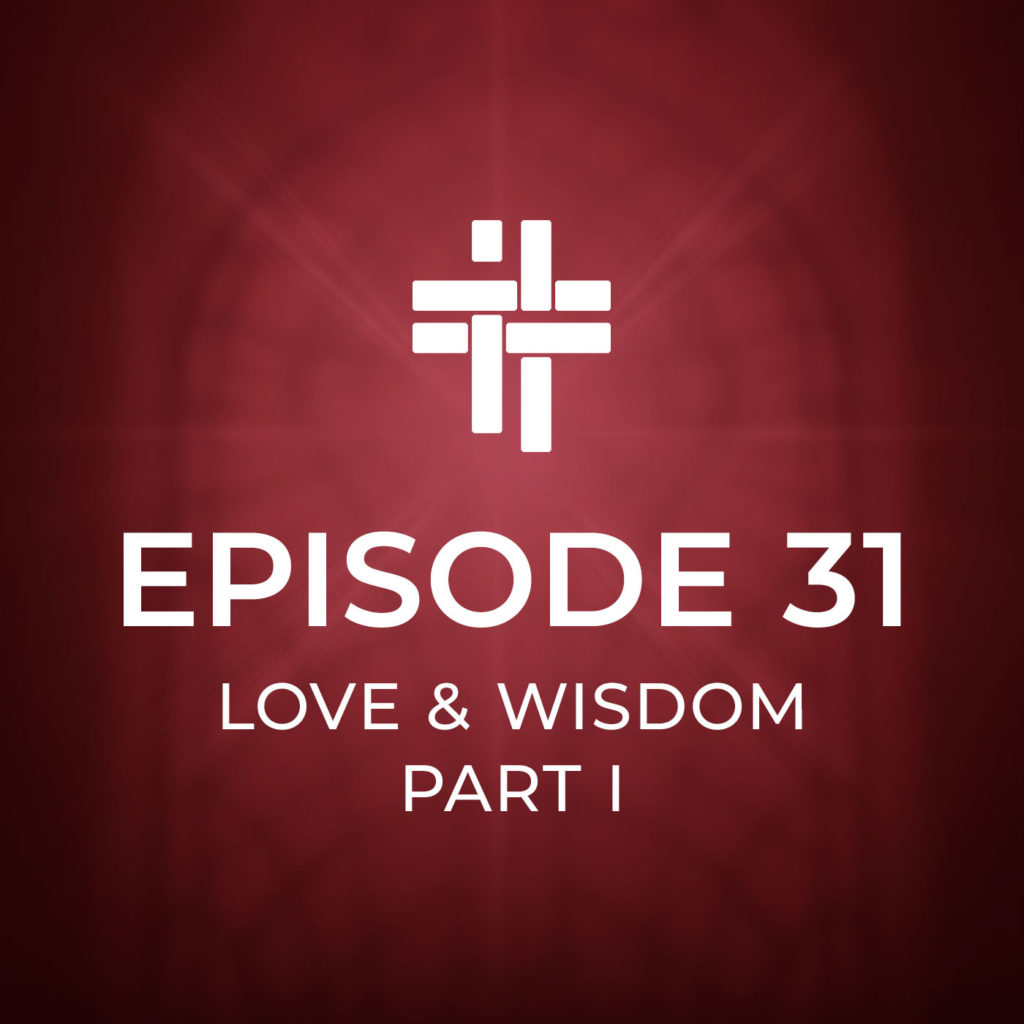As a practical matter, love precedes knowledge. Love comes first. When love is absent, knowledge is absent. At first, this idea may seem strange. Ordinarily, we do not consider that we must first to love something in order to know it. Let’s reflect on how that might be.
Podcast: Play in new window | Download (Duration: 6:55 — 9.5MB) | Embed
Subscribe to the podcast
Credits
“Angel Share” and “Concentration” Kevin MacLeod Licensed under Creative Commons: By Attribution 3.0 License


